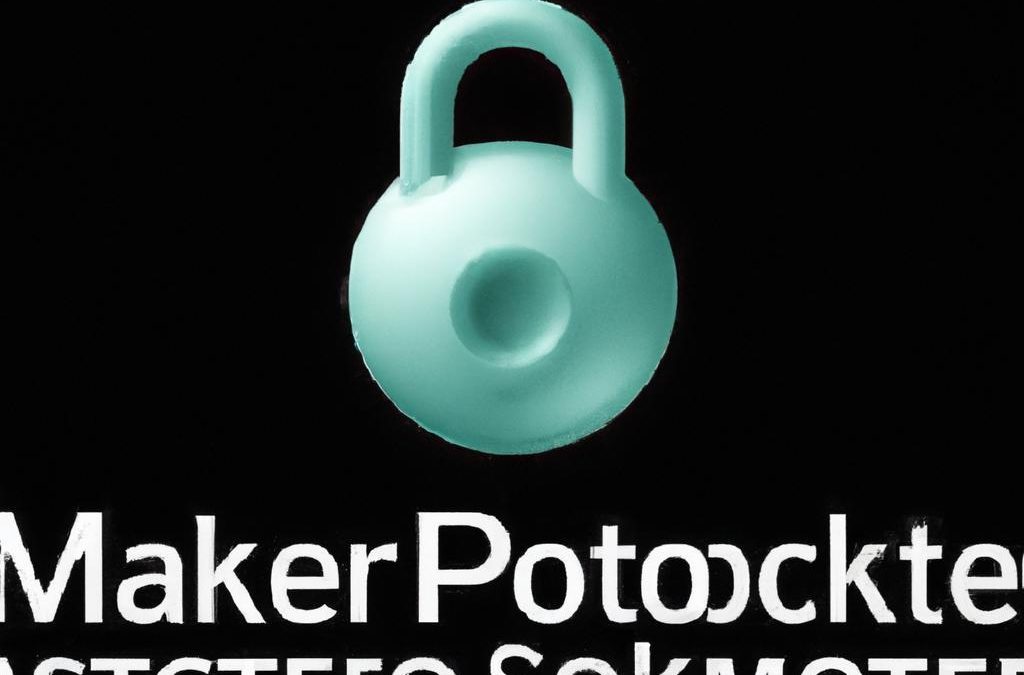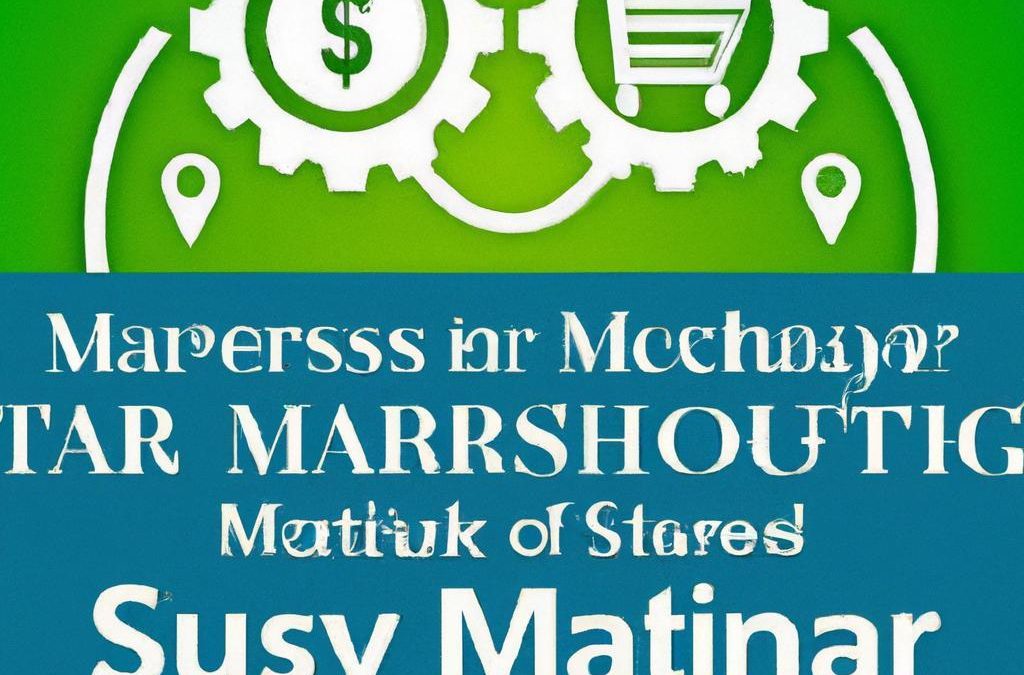
In a world where every shopping excursion feels like a game of impulse versus intention, the modern consumer is at a crossroads. As digital storefronts and brick-and-mortar shops alike flaunt their glimmering offers, the true art of shopping requires us to look beyond the price tag. It’s not just about how much we spend, but about the value we derive from our purchases and the stories behind them. In this article, we explore a range of smart shopping strategies that empower thoughtful consumers to make informed decisions that align with their values and lifestyle. From ethical sourcing to sustainable choices, join us as we delve into the realm of mindful purchasing, equipping you with practical tips to navigate the retail landscape with purpose and clarity. Because shopping isn’t just an economic activity—it’s an expression of who we are and what we stand for.
Navigating Value in a Sea of Choices
In an age where options are plentiful, the true art of shopping lies in discerning the value behind the price tags. It’s not merely about finding the cheapest option, but rather understanding what you are paying for. Consider the following aspects to guide you through this decision-making maze:
- Quality over Quantity: Invest in items that are built to last rather than those that are merely trendy.
- Brand Ethics: Research the values and practices of brands to align purchases with personal principles.
- Long-term Use: Assess how often you’ll use an item; a higher upfront cost might save money if it outlasts cheaper alternatives.
Evaluating value requires a strategic approach that goes beyond immediate desires. Create a simple comparison table to weigh your options wisely:
| Product | Price | Quality Rating | Expected Lifespan |
|---|---|---|---|
| Eco-Friendly Backpack | $80 | 4.8/5 | 5 years |
| Fast Fashion Backpack | $30 | 3.0/5 | 1 year |
| Handcrafted Leather Bag | $150 | 4.9/5 | 10 years |
By essentially calculating the cost per use over the item’s expected lifespan, you can uncover the true value and make informed decisions. Always weigh your options carefully—sometimes a higher initial investment leads to greater satisfaction and savings in the long run.

Conscious Consumerism: Strategies for Mindful Purchases
Embracing the journey of thoughtful consumption begins with evaluating what truly matters to you. Start by crafting a personal shopping manifesto that highlights your values, such as sustainability, ethical sourcing, or supporting local artisans. Use this manifesto as a guiding compass when faced with purchasing decisions. Take a moment to ask yourself pertinent questions such as: Do I really need this item? or How will this purchase impact the environment? By consciously questioning your purchasing motivations, you can cultivate a more intentional approach, allowing you to make choices easier aligned with your values.
Another avenue to explore is the practice of choosing quality over quantity. Investing in durable, well-made products not only saves you money in the long run but also reduces waste. When considering a purchase, look for items that possess the following qualities:
| Quality Indicator | Why It Matters |
|---|---|
| Certified Organic Materials | Supports sustainable farming practices. |
| Fair Trade Certification | Ensures ethical labor practices and fair wages. |
| Made Locally | Reduces carbon footprint from transportation. |
Incorporating these elements into your purchasing decisions not only enhances the quality of your life but fosters a sense of community and responsibility. By aligning your buying habits with your ethical beliefs, you can contribute to the creation of a marketplace that reflects values of sustainability and fairness.
To Conclude
As we navigate the bustling aisles of modern consumerism, it’s imperative to remember that every purchase tells a story—one that goes beyond mere numbers. By embracing thoughtful shopping practices, we empower ourselves to make choices that resonate with our values, support sustainability, and foster community. The next time you reach for an item, allow its background to inform your decision, and consider the impact it has on the world around you. Our wallets can be tools for change, guiding markets toward ethical practices and encouraging companies to prioritize purpose over profit. So, as you step out into the marketplace, carry with you the wisdom of informed choices, and let your shopping be a reflection of your principles. After all, the essence of smart shopping lies in being a conscious consumer who seeks value—not just in products, but in the broader narrative they contribute to. Happy shopping!
















